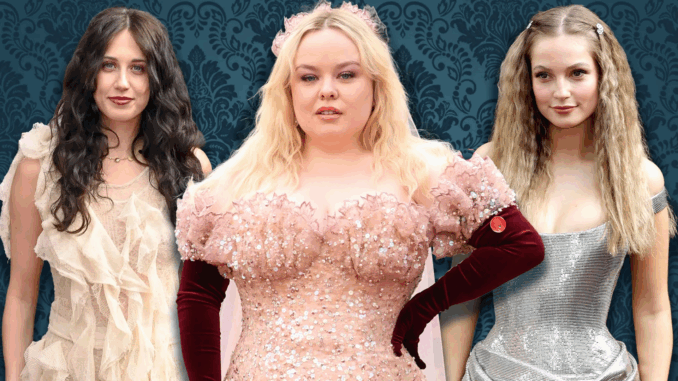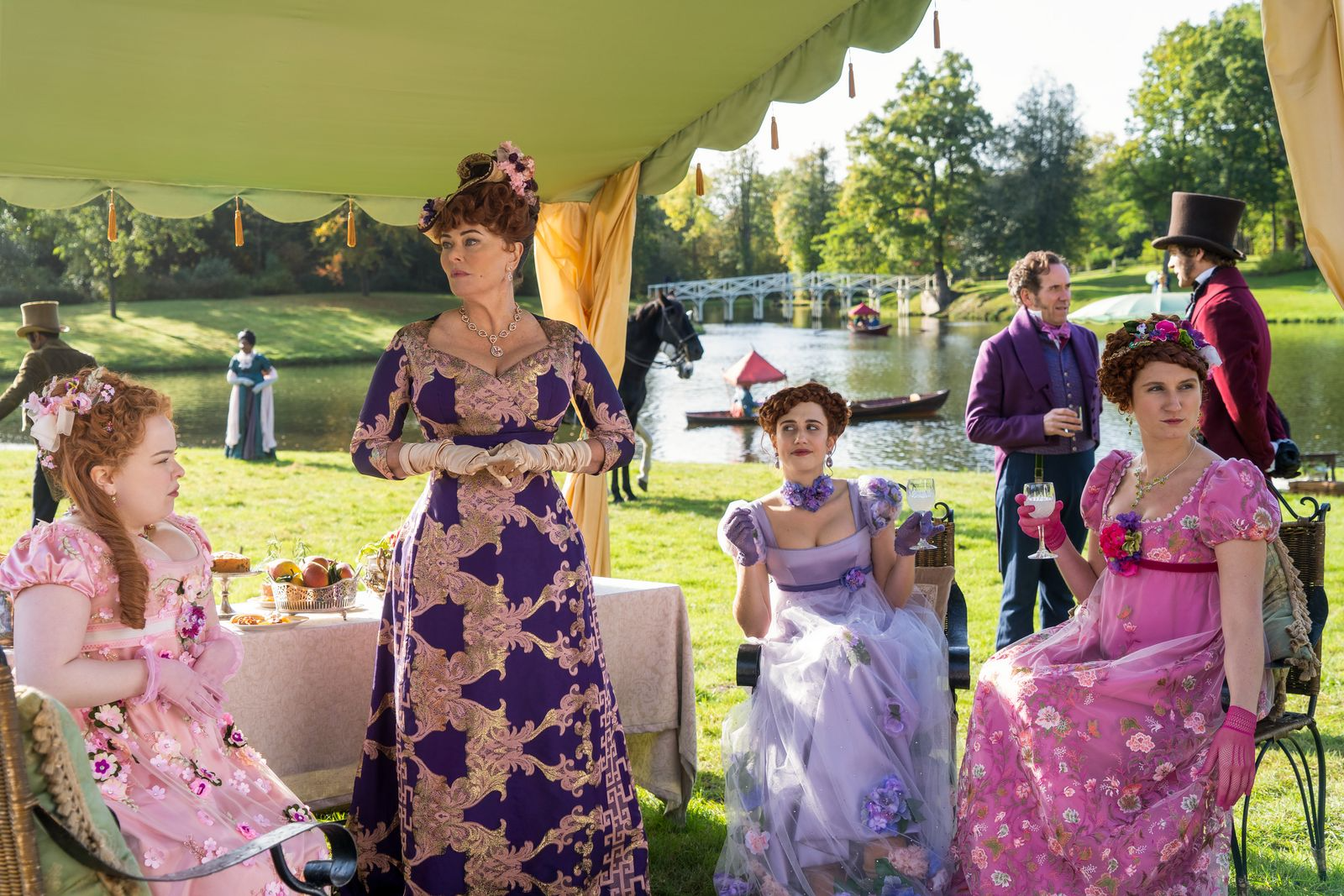
The glittering universe of Bridgerton has captivated global audiences with its opulent costumes, sweeping romances, and lush orchestral covers of modern pop songs. Yet behind the show’s elegance and carefully crafted world lies a reality few viewers consider: the cast themselves have faced various real-world controversies, pressures, and public scrutiny as the show skyrocketed into global fame.
 One of the earliest public controversies to emerge was the unexpected departure of Regé-Jean Page after season one. Viewers were stunned when it was announced that the breakout star would not return. Fans speculated about behind-the-scenes disagreements or contract disputes, but Page maintained that the decision was creative and amicable. Despite attempts to quash rumors, the internet buzz escalated into a minor scandal, with social media users accusing producers of mishandling communication. Ultimately, it was a reminder of how sudden fame can magnify the tension between actors’ career choices and fan expectations.
One of the earliest public controversies to emerge was the unexpected departure of Regé-Jean Page after season one. Viewers were stunned when it was announced that the breakout star would not return. Fans speculated about behind-the-scenes disagreements or contract disputes, but Page maintained that the decision was creative and amicable. Despite attempts to quash rumors, the internet buzz escalated into a minor scandal, with social media users accusing producers of mishandling communication. Ultimately, it was a reminder of how sudden fame can magnify the tension between actors’ career choices and fan expectations.
Phoebe Dynevor, who portrayed Daphne Bridgerton, also found herself enveloped in public scrutiny—this time surrounding her personal life. When her relationship with a globally recognized pop star became public, she quickly learned how intense celebrity attention could become. Paparazzi followed her, tabloids dissected her every move, and wild speculation circulated online. Although no wrongdoing was involved, the sheer volume of invasive attention became a controversy in itself. Dynevor later spoke about how overwhelming the spotlight was and how it affected her mental health, sparking conversations about privacy for young actors.
Nicola Coughlan, who plays Penelope Featherington, has faced a different kind of public controversy: body shaming. Despite her acclaimed performance, portions of the internet and some media outlets focused not on her acting but on her appearance. Coughlan publicly responded, urging critics to stop commenting on actors’ bodies and redirect attention toward their work. Her stance sparked an industry-wide conversation about representation, weight stigma, and the unrealistic expectations placed on actresses. What began as a painful controversy ultimately became a powerful moment of advocacy and change.
Jonathan Bailey—beloved for his portrayal of Anthony Bridgerton—encountered a smaller but significant scandal involving the outing of his sexuality early in his career. Although not directly tied to Bridgerton, the resurfacing of those experiences became prominent once he rose to global fame. Bailey discussed how being pressured by executives to hide his identity was deeply damaging. Rather than hurting his reputation, however, the candid interviews strengthened his standing as an LGBTQ+ role model and highlighted the challenges gay actors continue to face in Hollywood.
Even showrunners were not immune to controversy. Executive producer Shonda Rhimes faced pushback from a small but vocal group of viewers who criticized the show’s inclusive casting choices. Instead of backing down, the creative team doubled down on their vision, stating that diversity in casting was essential—not a gimmick. The backlash itself became a scandal that revealed the gaps in representation still present in mainstream period dramas.
Despite these controversies, the cast of Bridgerton continues to navigate fame with grace. Their real-life challenges—whether rooted in rumors, personal boundaries, or social pressure—have shaped not only their public personas but also the cultural conversations surrounding the show.